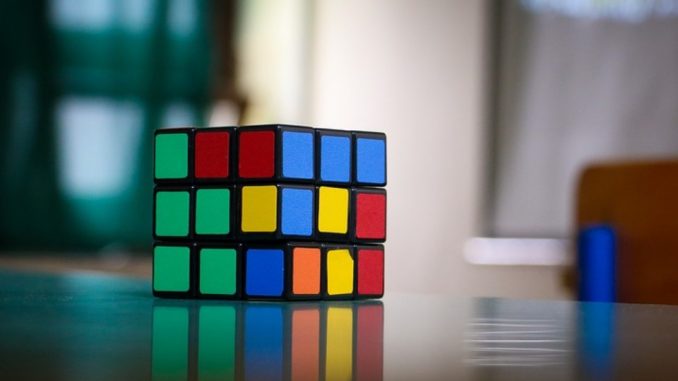
We live in an age of acceleration. But it’s primarily the technology that’s going faster, right? Humans are still just humans. There is no Moore’s Law making us incredibly more powerful and efficient. Is there some secret sauce for making us faster at realizing possibilities?
M2M Day 1: Completing 12 ridiculously hard challenges in 12 months
Starting today, Nov 1st, 2016, I will spend the next year trying to master twelve expert-level skills — devoting one month to each skill and writing daily about the process. I’m calling the project Month to Master (M2M).
Here’s the list of challenges:
- November: Memorize the order of a deck of cards in less than 2 minutes
- December: Draw a realistic self-portrait
- January: Solve a Rubik’s Cube in under 20 seconds
- February: Land a standing backflip
- March: Play a 5-minute improvisational blues guitar solo
- April: Hold a 30-minute conversation in Hebrew on the future of tech
- May: Build a self-driving car
- June: Develop perfect pitch — identify 20 random musical notes in a row
- July: Finish a Saturday NYT crossword puzzle in one sitting
- August: Complete one continuous set of 40 pull-ups
- September: Continuously freestyle rap for 3 minutes
- October: Defeat world-champion Magnus Carlsen at a game of chess (See video.)
So what is really at work here?
Is this guy just exceptionally good at learning how to do things?
Would other people be able to replicate his results?
Would people in other eras have been able to do these different things he’s trying to do?
How long should we expect it to take it for us to get good at realizing possibilities? (Have we been doing this all wrong?)
A human being should be able to change a diaper, plan an invasion, butcher a hog, conn a ship, design a building, write a sonnet, balance accounts, build a wall, set a bone, comfort the dying, take orders, give orders, cooperate, act alone, solve equations, analyze a new problem, pitch manure, program a computer, cook a tasty meal, fight efficiently, die gallantly. Specialization is for insects.
-Robert A. Heinlein
GEEKOUT
WT 379-690